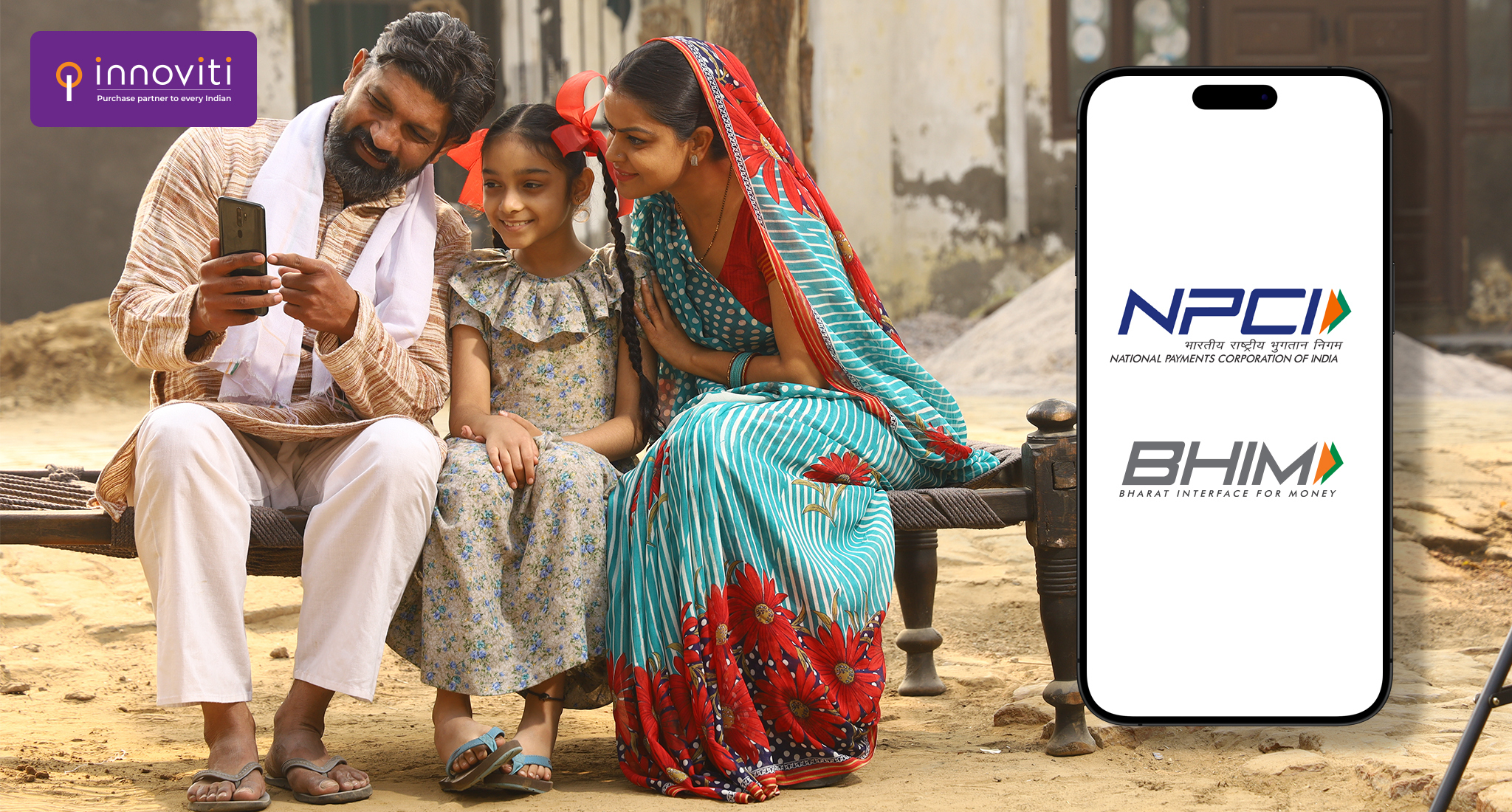Arun nodded sympathetically. “I totally understand. It’s a common problem.” And Arun goes back to reading the paper. After a moment Arun suddenly perked up. “Hey, Ramesh, check this out!” he said, pointing to an article. “The Reserve Bank of India just introduced something called UPI Circle which enables delegated payments in UPI. This might be exactly what you need!”
“It’s simple. Set a daily limit—₹500, for example. Sita can use it for groceries, school fees, or emergencies without waiting for you. It’s secure, and you’re still in control,” Arun said, excitement in his voice.
Ramesh nodded, seeing the potential. “That could save us a lot of hassle.”
Without hesitation, Ramesh pulled out his phone, updated his UPI app, and set up Sita as a secondary user. It took just a few taps.
The next few days were transformative. Sita was thrilled with her new freedom. No more waiting, no more delays. The word spread quickly through the town, and soon, other families followed suit.
The town saw a surge in digital transactions as shops adapted and began shifting from cash to digital payments. Ramesh and Arun often marveled at how this small feature had brought their community into the digital age.
In the end, the delegated payments feature wasn’t just a new tool—it was a lifeline. For Ramesh and many others, it meant a faster, more convenient, and more secure way to manage their money.
